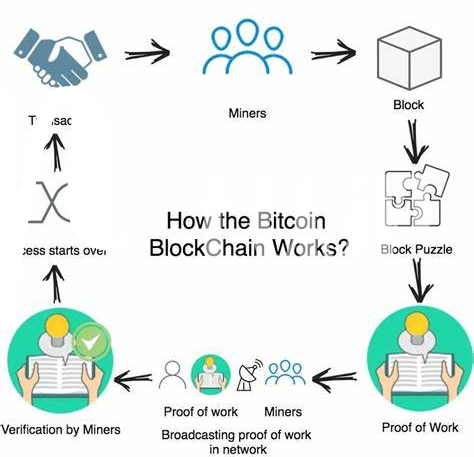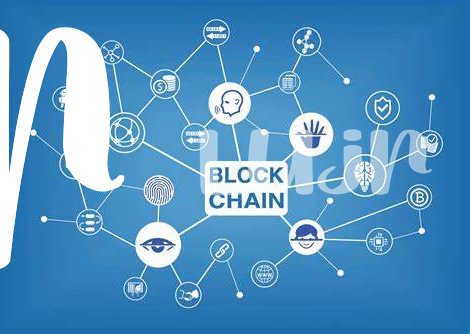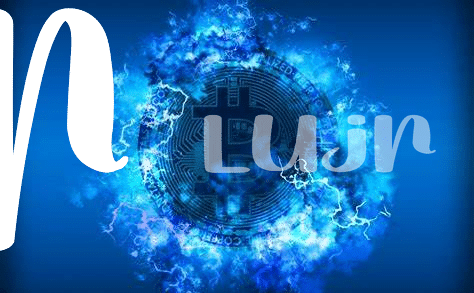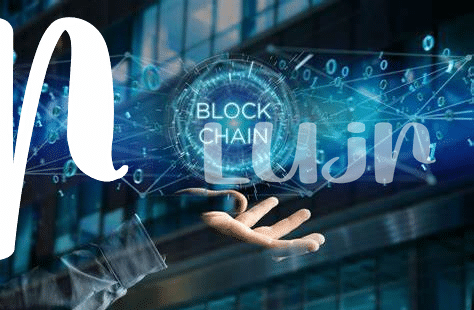🤔 the Big Deal about Digital Identity Today

In our digital world, having a way to prove who you are online is more important than ever. Think about all the times you log into websites, shop online, or check your bank account. You need to prove it’s really you, not someone pretending to be you. But here’s the twist: as we do more online, our personal info spreads out far and wide, and that can make us an easy target for bad guys. Imagine all your info—your name, where you live, even your shopping habits—floating around where anyone might grab it. Not so great, right? That’s why figuring out a safe way to show who you are online is such a big deal today.
| Problem | Why It Matters |
|---|---|
| Your info everywhere | Makes it easy for bad guys to find and use |
| Proving it’s you | Needed for logging in, shopping, banking online |
As we move more of our lives online, the stakes get higher. We need a secure lock on our digital identity that keeps us safe but still lets us do all the online things we love. This need has sparked a lot of smart people to start looking for better ways to keep our digital selves under lock and key while still letting us be free to roam the digital world. And that’s why finding the right solution is so important: it’s all about keeping you safe and making your online life easier.
🔒 Understanding Blockchain and Privacy
Imagine a world where you can keep all your personal information safe and sound, like locking it in a super-secure vault. That’s what blockchain does for digital privacy. It’s kind of like making a puzzle out of your information. Each piece is scattered and encrypted so only you can put it all back together. This means when you’re online, sharing or verifying who you are, you’re in control. No need to hand over your whole identity, just the pieces needed.
Speaking of privacy and staying in control, it’s important to understand how blockchain isn’t just theory; it’s a real-deal technology already making waves. For more insights on how tech, like blockchain, is reshaping our digital world, including its environmental implications, a good read is over at https://wikicrypto.news/renewable-energy-in-cryptocurrency-mining-a-game-changer. It highlights not just the privacy aspect but also how blockchain and digital currencies are thinking about sustainability and the future.
🌐 How Blockchain Enhances Digital Identity Security

Imagine your digital identity as a key that unlocks your personal data online, like your social media profiles, bank accounts, and other private stuff. But instead of keeping this key under a rock where anyone could find it, blockchain technology securely tucks it away in a high-tech vault. This tech does something pretty cool – it breaks down your digital identity into many tiny pieces and scatters it across a network of computers. So, if a sneaky hacker tries to snatch your identity, they’d only grab a piece, not the whole thing, making it way harder for them to harm you. Plus, you get to control who sees what, like showing only your age on a website without revealing your whole birthdate. With blockchain, it’s like having a superpower to protect your digital self, keeping your personal information as safe as your secret diary. 🚀🔍🔐
🚀 Real-world Examples: Blockchain Making a Difference

In our world today, where everything seems to be moving online, it’s more important than ever to have a safe way to prove who we are, without risking our private information. Thanks to blockchain, we’re seeing some game-changing moves towards making our digital lives more secure. For instance, Estonia has been a pioneer in using blockchain for its residents. They have an e-Residency program that allows people to have a government-issued digital identity. This isn’t just about having an ID card; it’s about securely signing documents, opening businesses, and even banking, with the peace of mind that blockchain’s security measures bring.
While this sounds like something out of a science fiction movie, it’s not the only example. In healthcare, blockchain is being used to give patients control over their medical records, allowing them to share their records securely with healthcare providers when necessary. Thinking about managing our digital footprints, it’s essential to consider how we deal with financial transactions online. A helpful resource discussing bitcoin transaction fees and the blockchain delves into this topic, shedding light on how blockchain technology is revolutionizing the way we think about transparency and efficiency in digital transactions. These examples are only the tip of the iceberg, hinting at a future where our digital identities are safer and more secure than ever, thanks to blockchain technology.
🚧 Challenges and Considerations in Blockchain Adoption
Integrating blockchain into our digital lives isn’t as straightforward as flipping a switch. Imagine trying to solve a giant puzzle, but some pieces don’t quite fit because they’re from different sets. That’s a bit like the hurdles blockchain faces. For starters, the speed at which blockchain networks process activities can be slower compared to traditional systems we use daily. This isn’t a trivial matter, as it can affect everything from how quickly you can access your digital ID to the efficiency of the services relying on this technology.
Another head-scratcher is ensuring everyone can hop on board this tech train. Not everyone has the same level of access to the necessary technology or possesses the knowledge to use blockchain confidently. Integrating blockchain smoothly into our digital ecosystem means making it user-friendly enough for people from all walks of life. Then there’s the challenge of standardization. Right now, it’s a bit like the Wild West with different blockchain systems not always speaking the same language, making the universal adoption tricky.
| Challenge | Description |
|---|---|
| Processing Speed | Blockchain can be slower than traditional systems, affecting efficiency. |
| Accessibility & Knowledge | Not everyone has equal access or understands how to use blockchain. |
| Standardization | Different blockchain systems lack a universal standard, complicating integration. |
🌟 the Future of Privacy with Blockchain Technology

Imagine a world where our digital footsteps are protected like treasures in a vault, secure and private. This isn’t a distant dream but a near future with the help of blockchain technology. Blockchain is like a digital ledger that’s incredibly tough to tamper with, offering a new way to guard our online identities. It’s not just about keeping our information safe; it’s about giving us control over who sees it and how it’s used. As we look ahead, the integration of blockchain into our digital lives could reshape how we think about online privacy, turning the tables in favor of the individual.
However, embracing this future comes with its hurdles. Questions about how we balance innovation with environmental stewardship and navigate the complex world of digital rules are at the forefront. The beauty of blockchain is that it’s constantly evolving, opening doors to solutions for these challenges. For more on this, consider the dual perspectives of bitcoin environmental impact and how we reconcile it with the promise of blockchain, alongside insights into bitcoin taxation guidelines and the blockchain. As we step into this new era, the promise of a privacy-first digital world is closer than ever, ready to redefine freedom in the digital age.
